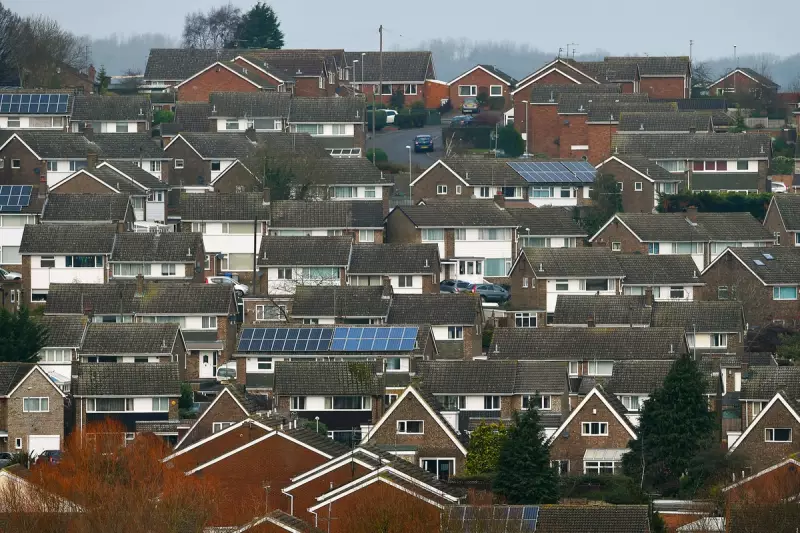
The UK government's ambitious plan to create green jobs while upgrading hundreds of thousands of homes has been branded a catastrophic failure by spending watchdogs, with less than 10% of its target achieved before being abruptly axed.
What Went Wrong With the Green Revolution?
The National Audit Office (NAO) has delivered a scathing assessment of the Green Homes Grant scheme, revealing that the £1.5 billion initiative managed to upgrade just 47,500 homes. This represents a mere fraction of the 600,000 properties ministers promised would benefit from energy efficiency improvements.
The scheme, launched with great fanfare in September 2020, was intended to be a cornerstone of the government's "green recovery" from the pandemic. Instead, it became a case study in how not to implement environmental policy.
Administrative Chaos and Missed Opportunities
According to the NAO investigation, the programme was plagued by fundamental design and implementation flaws from the outset:
- Rushed Timescales: The scheme was given just 12 weeks from announcement to launch, leaving insufficient time for proper planning
- Overwhelmed System: The administration portal couldn't cope with demand, causing significant delays
- Installation Shortage: There weren't enough certified installers to meet potential demand
- Complex Application Process: Homeowners faced bureaucratic hurdles that discouraged participation
The Human and Environmental Cost
Simon Francis, coordinator of the End Fuel Poverty Coalition, didn't mince words: "The Green Homes Grant was a disaster from start to finish." He highlighted the double blow to households facing both the climate emergency and soaring energy bills.
The failure has left an estimated 1.9 million households without the insulation and low-carbon heating systems that could have significantly reduced their energy costs and carbon footprint.
What the Numbers Reveal
The NAO report paints a picture of systemic failure:
- Only £314 million of the £1.5 billion budget was spent
- Just 47,500 homes received upgrades against a 600,000 target
- The scheme created only 5,600 jobs against a promised 82,000
- Administrative costs reached a staggering £1,000 per home upgraded
Lessons for Future Green Initiatives
The NAO has called for fundamental changes in how the government approaches similar schemes in the future. Their recommendations include:
Proper Planning: Future programmes need realistic timescales and thorough testing before launch
Industry Engagement: Working closely with installers and supply chains to ensure capacity exists
Simplified Processes: Making applications straightforward for homeowners
Long-term Commitment: Providing certainty to encourage investment in skills and training
The Department for Business, Energy and Industrial Strategy has acknowledged the scheme's shortcomings but maintains it provided valuable lessons for future policy development.





